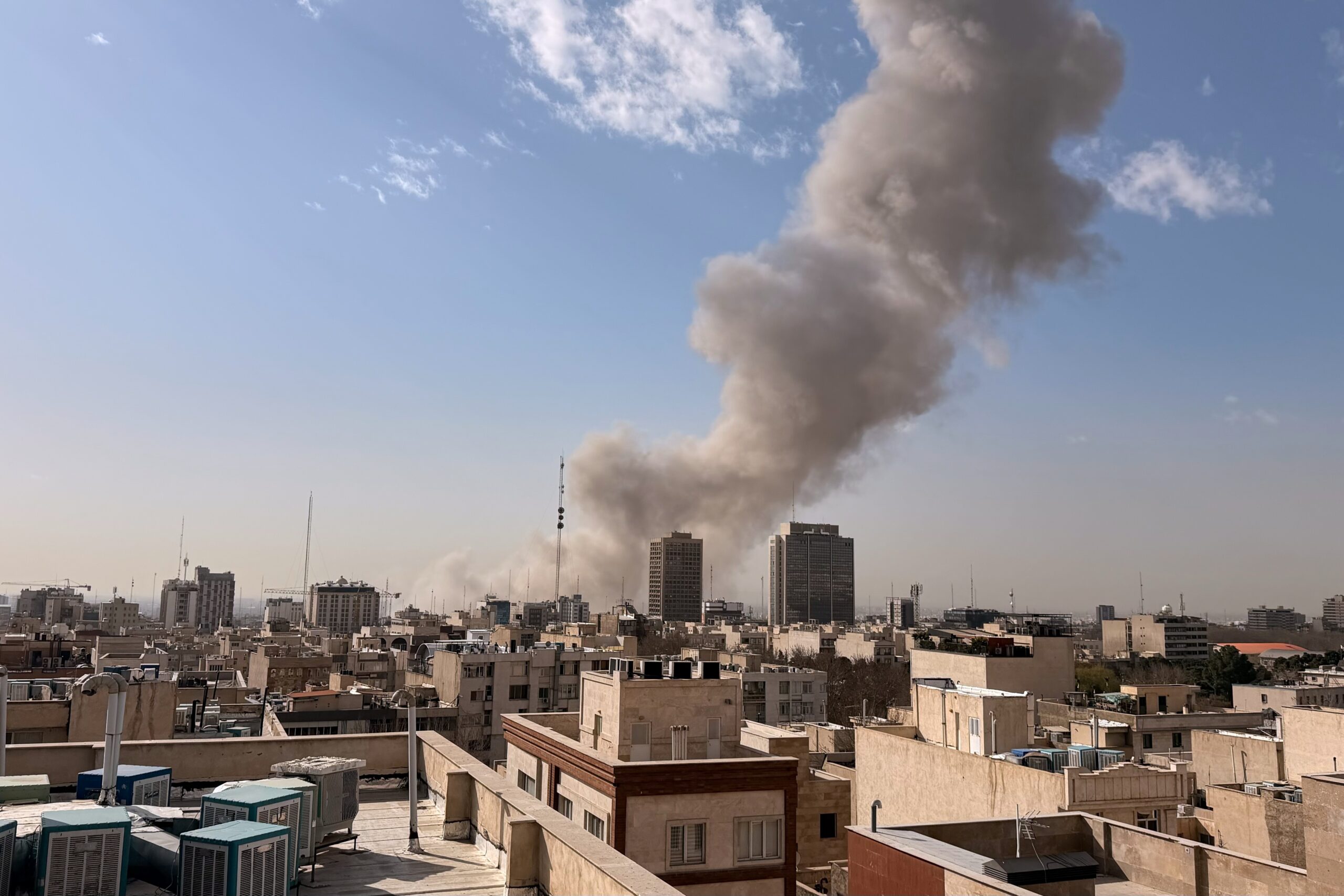Jul 8, 2022
Bahrain Reduced to Province of Iran on President Raisi’s Instagram
The July 8 edition of the Iran Media Review considers whether using the question of Bahraini sovereignty is worth the risk of increasing tensions with neighbors and perpetuating diplomatic isolation.
On May 14, 1970, the Iranian Parliament recognized the independence of Bahrain pursuant to United Nations Security Council Resolution 278. In doing so, Iran renounced its historical claims to the island country, and the Islamic Republic, too, officially recognizes Bahrain as a sovereign state. But periodically, state-censored Iranian media outlets revive the question of Bahrain’s independence and sovereignty:
- June 10, 2022: Iranian President Ebrahim Raisi’s Instagram account posted a map of Iran including Bahrain. The map has since been deleted, so while Raisi’s personal view is unclear, removal of the post seems to reaffirm the Islamic Republic’s long-standing official stance – oft toyed with over the years – on the sovereignty of Bahrain.
- July 9, 2007: Kayhan newspaper’s editor-in-chief, Hossein Shariatmadari, in an editorial responding to a Gulf Cooperation Council statement on Bahrain, wrote: “Today, the main demand of the people of Bahrain is return of this province, which was severed from Iran, back to its original and maternal land, meaning Islamic Iran. This, obviously, is the incontrovertible right of Iran and the right of the people of the severed province, which must and cannot be ignored.” As the newspaper at times serves as the unofficial mouthpiece of Supreme Leader Ayatollah Ali Khamenei, the piece caused a stir, which regime officials tried to calm by emphasizing that the Islamic Republic recognizes Bahrain as a sovereign state.
- February 10, 2009: Ali-Akbar Nateq Nouri, former speaker of parliament, commemorating the 30th anniversary of the revolution in Iran, caused another stir by emphasizing that Bahrain used to be Iran’s “fourteenth province” and was “represented in the Iranian Parliament.” Following renewed protests from the GCC, Iranian officials reiterated the official position of the Islamic Republic in an attempt to repair the damage.
- May 14, 2012: In the wake of the proposed union between Bahrain and Saudi Arabia, Hossein Ali Shahriari, a parliamentarian, said in a speech in front of Parliament: “If something is about to happen in Bahrain, the Islamic Republic of Iran has rights over this country, and not Saudi Arabia … I am asking our statesmen to follow up on this issue. Bahrain must be handed over to the Islamic Republic of Iran and not to the Al Saud ruling family.” This address also was followed by the familiar pattern of Arab protests and damage control attempts by Islamic Republic officials.
- June 5, 2022: Fars News Agency ran a backgrounder with the headline: “How is it possible to dismember a part of the land, which for thousands of years has belonged to a state? The British do such things through divide and rule. This is how they managed to separate the dear land of Bahrain from Iran.”
The Bahraini government and the GCC have not yet reacted to the Iranian president’s Instagram post, but to what end does Iran’s state-censored media produce such pieces? Stirring up nationalist sentiments in Iran seems unworthy of the risk in increasing tensions with neighbors and perpetuating diplomatic isolation.
AGSIW’s Iran Media Review monitors, translates, and reviews critical Persian-language media sources identifying important developments and trends in the Islamic Republic of Iran.
The views represented herein are the author's or speaker's own and do not necessarily reflect the views of AGSI, its staff, or its board of directors.

















